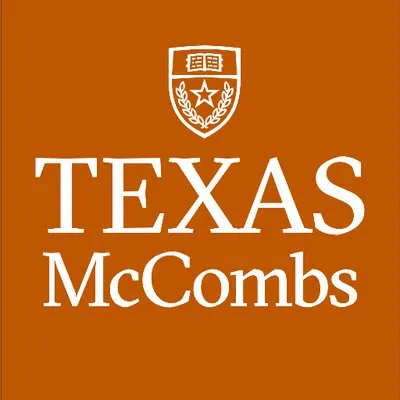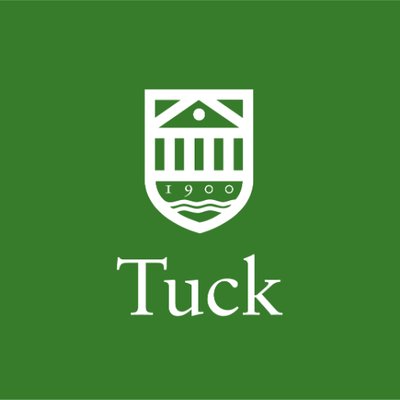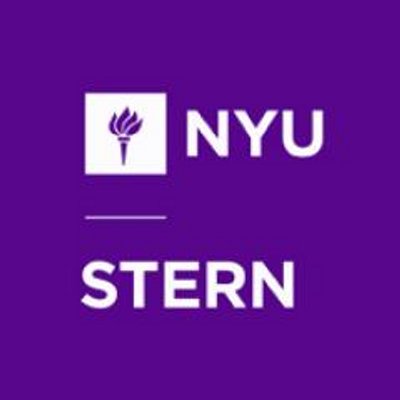|
|
Share
Score: 315 GRE
GPA: 7.1
Pre-MBA industry: Consulting
Post-MBA industry: Technology
1 year ago
12 Oct 2024 10:10
With over 10 years of experience in cybersecurity, I specialize in data privacy, security, and global compliance. Currently I am working as an Advisor- Data Privacy, security and global compliance for a healthcare startup targeting senior citizens, focusing on developing comprehensive data privacy strategies and ensuring compliance with international standards. Prior to this, I worked as a Senior Consultant in a Big 4 firm across India and Dubai for 7 years, where I led high-impact cybersecurity projects. I advised clients across various industries on regulatory compliance, security frameworks, and digital transformation initiatives, helping them safeguard their critical assets and ensure operational resilience. I am also a certified yoga teacher's trainer. My post-MBA goal is to secure a leadership role in cybersecurity, such as CISO or CTO, at a FAANG company.








PS. your high school does not matter if you have 10 years of work experience.
Did you choose every single possible program? Are you really applying to all of these programs?
I would encourage you to reconsider your entire candidacy at this stage. You'll have ~11 years WE at the time of matriculation, a far cry from the sweet spot of 4-6 years for a 2Y MBA program. Quite likely, most schools will try pushing you to their 1Y program, if they offer one. Since you are wanting to pivot from consulting into PM, which is also requiring a reconsideration IMHO, you may well need the internship offered in a 2Y program. That's a huge trade-off for you to be prepared for.
Not sure of the scale (8, or 10) for your GPA. If 10, then the score is weak and you cannot undo it.
GRE of 315 is far away from the averages of T25-30 schools. Trust you are planning to improve the score to at least 330+. This could help you offset the weak GPA.
What's in your favor? Your gender and your cybersecurity experience.
What else could you do? That's up for discovery and discussions.
BTW, school selection are as much a science, as an art.
- Dee
MBA admissions consultant and management consultant
catalysts.success@gmail.com
Thank you so much for your candid and insightful feedback. I truly appreciate you taking the time to share your thoughts with me, as it helps me gain a clearer perspective on my MBA journey. Your expertise is invaluable to me.
While my cybersecurity experience is a significant aspect of my profile, my primary motivation for pursuing an MBA is to develop strong leadership skills. I believe this experience will be crucial for my transition into senior management roles, whether that’s in product management, as a CISO, or another executive position.
With that in mind, I have a few questions that I hope will further guide my approach:
1)Leadership Development: Given my focus on leadership, are there specific programs or resources at top business schools that you would recommend prioritizing during my MBA journey to enhance my leadership abilities?
2)CISO or Senior Leadership Path: How realistic do you think it is for someone with a strong cybersecurity consulting background to pivot directly into senior leadership roles like CISO post-MBA? What key areas should I focus on to make this transition as seamless as possible?
3)School Selection: Since my goal is leadership development, how would you suggest approaching school selection? Should I focus more on schools with strong leadership programs or those with a solid reputation in technology and cybersecurity?
4)Career Pivot and Internships: If I choose to pivot into product management or another area requiring internships, how critical is it for me to be in a 2-year program versus a 1-year program?
Once again, thank you for your thoughtful feedback and guidance. I truly value your time and expertise, and I look forward to hearing your insights on these points.
Answers to your Q1 and Q2 will entirely depend on what you do once you are in. Resources and networks, i.e., alums, faculty, peers, will be available to you at any / every school.
Opportunities for leadership development, you Q3, are also available to one and all in the cohort. BTW, leadership doesn't necessarily come from positional titles.
In effect, what YOU do / not do during the MBA journey will really define where you land post-MBA.
For a pivot, 2Y is essential - you need that time and opportunity to create credibility for a future recruiter. Otherwise, "I did X, and I want to do Y, but I have no evidence' isn't going to fly. You will be competing for PM roles with much younger peers, and a PM role doesn't come in dozens in any company. Since your experience is tenured, one alternate approach could be to stick to your past path and use the MBA to elevate vertically in the career ladder.
You mentioned that leadership development comes from personal initiative and involvement during the MBA program. With that in mind, I would love to know what specific steps I can take at this stage to strengthen my application and increase my chances of getting into a program. Are there particular experiences or skills you would recommend I focus on or highlight?
Your point about needing the full two years for a successful pivot resonates with me, especially given the competitive landscape for PM roles. I will certainly consider the suggestion of using the MBA to elevate vertically in my career as an alternative approach.
Thank you once again for your guidance. I look forward to your suggestions on how to enhance my candidacy!
You mentioned that leadership development comes from personal initiative and involvement during the MBA program. With that in mind, I would love to know what specific steps I can take at this stage to strengthen my application and increase my chances of getting into a program. Are there particular experiences or skills you would recommend I focus on or highlight?
Your point about needing the full two years for a successful pivot resonates with me, especially given the competitive landscape for PM roles. I will certainly consider the suggestion of using the MBA to elevate vertically in my career as an alternative approach.
Thank you once again for your guidance. I look forward to your suggestions on how to enhance my candidacy!
1 - Kellogg 1-year (lots of sponsored consultant candidates)
2 - 16 month CBS January Intake (can do in-semester internship)
3 - Sloan Fellows 1-year options (see Wikipedia) Stanford MSx, SFMBA at MIT, LBS Masters in Leadership (average age in ascending order)
4 - Europe Europe Europe. They like more seasoned applicants, and you can do a 2 year program with an internship (with LBS, actually 2 internships!). INSEAD (January intake for internship) and IESE (good option for jobs in Germany & the Netherlands, even without speaking German or Dutch!). If you want to pivot and need an internship to do that - these are good options.
5 - Select US programs that are friendly to older applicants. Check the average age/80% age range. Ross has an average age of 31, similar to HEC Paris.
This isn’t your case but for others reading - if you are a veteran- age is less of a concern. Older veteran applicants need to worry less about this.
I’m especially interested in the programs that would give me the time and opportunity for an internship, as I’m looking to pivot into leadership roles in cybersecurity, potentially as a CISO or CTO. The CBS January Intake and European options like INSEAD and IESE seem like great fits for that reason. I’ll also look further into Sloan Fellows and LBS, as the 1-year leadership-focused programs are intriguing.
Given my GRE score of 315, I realize this could be a challenge. In the off chance that I’m unable to improve it before R2 deadlines, would these programs still be open to someone with significant work experience but a lower GRE?
Thanks again for your guidance!
Thanks again for your guidance!